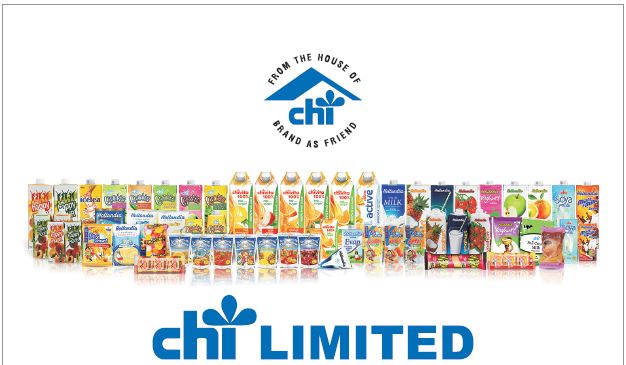Prior to the oil boom of the 1970s, manufacturing contributed approximately 10% of Nigeria’s economic output. The fall in oil prices of the early 1980s led to a recession in Nigeria and this led to a decline in foreign inflows. The decline in foreign inflows meant a lack of affordability of imported goods and encouragement of local companies to look towards producing some basic products within the country.

The economic situation then meant many local companies had to produce quality products for import substitution. Several manufacturing sectors like the Food and Beverage, Textile sector, Paper and Paper Products, Chemical and Pharmaceutical products, Plastic and Rubber Products, Weed and Wood Products grew as more indigenous and foreign players invested to meet local demand. Amongst the sectors that have witnessed tremendous growth since then has been the Food and Beverage sector. Companies like Coca Cola, Nestle, Seven-Up Bottling, UAC of Nigeria, etc. have expanded and churned out new products to excite consumers.
Though these companies have been around for longer periods, the situation of the 1980s and 1990s meant that they played greater roles in satisfying consumer expectations. Relatively newer food and beverage manufacturing entrants like Dangote Group have also fared well. In the fruit juice subsector, one manufacturing company that has made an impact is Chi Limited. Incorporated in 1980, Chi Limited is renowned for its quality fruit juices, dairy-based beverages and snacks. The company has constantly churned out innovative products and stands out as a market leader despite the economic challenges.
As the first company to launch major mass market ready to drink products in aseptic sachet packaging in West Africa, the company also successfully positioned its products with local roots through its “Be Nigerian, Buy Nigerian” campaign. Because the fruit juice market is a peculiar market that is driven more by volume sales, availability at every point of purchase is critical to market leadership. Its market distribution has also evolved with a distribution network, built over 30 years, that is able to match and even surpass that of competition in certain locations”.
In a recent report released by ‘Euromonitor International’, Chi Limited remained the dominant brands in the sector with an off-trade volume share of 33% and an off-trade value share of 35% in 2016. According to the report, Chi Limited captured a larger market share because of its strong distribution network and merchandising activities. In addition, the report stressed that advertising was also a major factor that helped boost the company’s sales. Also, the series of campaigns launched by the company helped to create top of the mind awareness of its brands.
Other companies competing with Chi Limited in the fruit juice market include Dansa Food Limited, C-Way Food and Beverages Nigeria Co. Limited, Dangote Group of Companies, Danico Foods Limited, Frutta Juice & Service Nigeria Limited, Fumman Agricultural Industries Limited and Jamil Nigeria.
READ ALSO: 2 Million Solar Lamps Sold Today: Total Brings Energy To 10 Million People
And while Chi Limited remains the leader in the fruit juice market in Nigeria, growing demand and evolving consumer trends mean that the competition in this segment is bound to vastly increase and take several dimensions with brands trying to outsmart one another to gain prominence and increase their market share.













